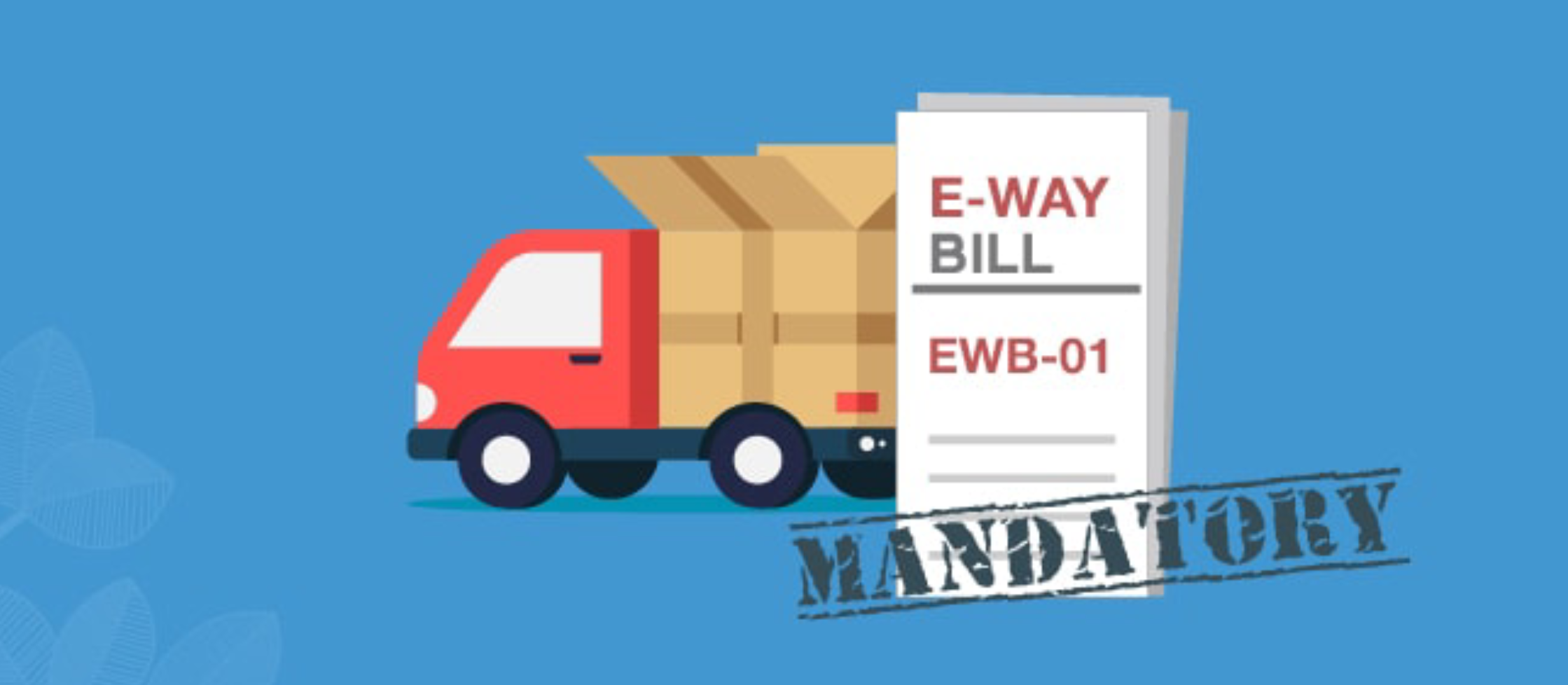
Efficient logistics management is crucial for businesses to streamline operations and ensure timely delivery of goods. In this blog, we explore the E-way Bill service, a digital document required for the movement of goods in compliance with the Goods and Services Tax (GST) regime in India.  
What is an E-way Bill?:
An E-way Bill is an electronic document generated on the GST Common Portal to facilitate the movement of goods valued above a specified threshold. It contains details such as the consignment value, transportation details, and GSTINs of the supplier, recipient, and transporter. E-way Bills are mandatory for inter-state and intra-state movement of goods, enabling seamless tracking and compliance.  
Importance and Benefits of E-way Bills:
E-way Bills serve as a vital tool for businesses and tax authorities alike. They help monitor the movement of goods, prevent tax evasion, and ensure the seamless flow of goods across state borders. E-way Bills simplify logistics operations by replacing the cumbersome physical documentation process with a digital system. They enhance efficiency, reduce transit time, and minimize the risk of delays or penalties during transit.  
Generating and Validating E-way Bills:
Registered taxpayers can generate E-way Bills online through the GST Common Portal or integrated software platforms. The E-way Bill must be validated with a unique E-way Bill number before the commencement of the goods’; transportation. This number is valid for a specific duration based on the distance to be covered. Compliance with E-way Bill regulations is crucial to avoid disruptions in the supply chain and potential penalties.  
Exemptions and Exceptions:
Certain categories of goods, such as exempted goods, specified personal effects, and transit goods, may be exempted from the E-way Bill requirements. Additionally, specific scenarios, such as goods transported within a 10 km radius, may be exempted from generating E-way Bills. Understanding the exemptions and exceptions is essential to ensure compliance with the E-way Bill provisions.  
E-way Bill Compliance and Documentation:
Businesses must maintain proper records and documentation related to E-way Bills, including invoices, delivery challans, and transportation details. Compliance with E-way Bill requirements is crucial to avoid penalties and disruptions in the transportation of goods. Adequate training and awareness among staff involved in logistics operations are necessary to ensure adherence to E-way Bill compliance norms.  
The E-way Bill service plays a vital role in streamlining logistics operations and ensuring compliance with GST regulations. By understanding the significance, benefits, and compliance requirements of E-way Bills, businesses can navigate the transportation of goods more efficiently, resulting in smoother operations and enhanced customer
satisfaction.


